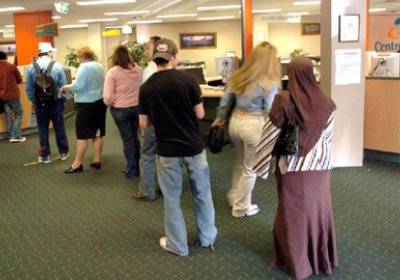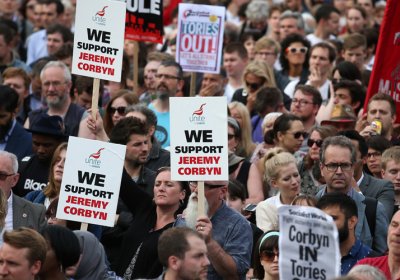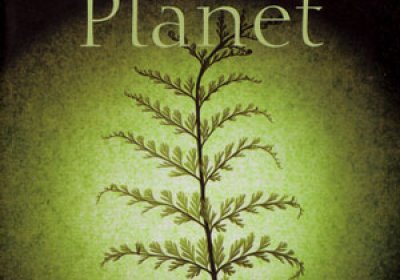New Premier Gladys Berejiklian is already on the run, after only a couple of weeks in the job.
Since taking over from disgraced former premier Mike Baird on January 23, Berejiklian has managed to cobble together a new cabinet of misfits, but is already reported to be preparing to dump one of Baird's signature policies — the forced amalgamation of the state's local councils.











